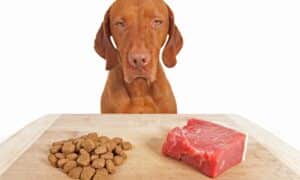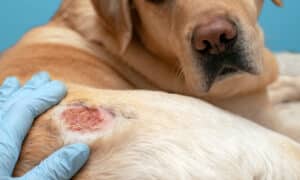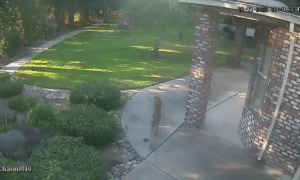“This post contains affiliate links, and I will be compensated if you make a purchase after clicking on my links.”
Dog ownership involves plenty of love and playtime, but it’s a substantial job as well. We want our pets to be happy and healthy over the long term and must make decisions about everything from veterinary care and training to feeding them a well-balanced diet.
When it comes to pet food, however, there are numerous factors to consider, including the environmental impact of commercially produced kibble.
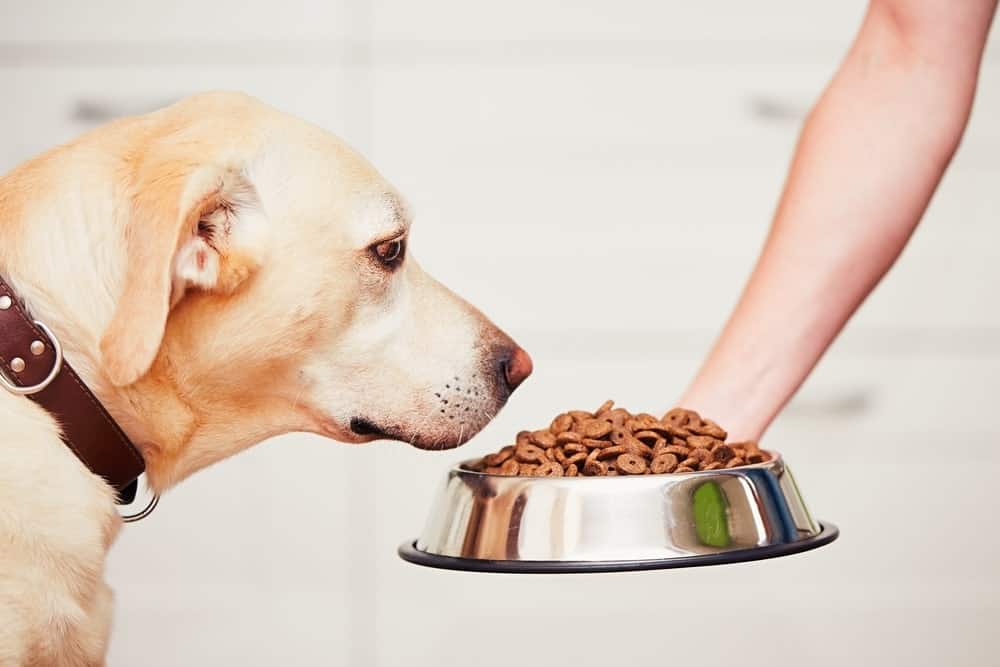
Today, there is a widespread misconception that so-called “people food” is bad for dogs, and some people food is indeed bad for dogs. Yet for thousands of years, dogs ate alongside their human companions, and our diets were extremely similar. Until the mid-1800s, the average dog’s diet consisted primarily of raw meat and table scraps. Food made exclusively for pets first emerged in England in 1860, developed by electrician named James Spratt. Called Spratt’s Meat Fibrine Dog Cakes, these early dog biscuits were costly and primarily marketed to high-income pet owners.
Spratt took his business overseas to America in the 1870s, and the commercial dog food market soon exploded. The first canned dog food was introduced in 1922 and was made of horse meat. And by 1941, more than 50,000 horses were slaughtered annually for use in dog food. While the pet food industry fortunately no longer uses horse meat in its products, it is in the realm of meat production where we see the greatest environmental impact from pet food.
Scientists have determined that the pet food industry carries a significant carbon footprint. In fact, a 2017 study found that the diets of dogs and cats in the U.S. alone constitute “about 25–30% of the environmental impacts from animal production in terms of the use of land, water, fossil fuel, phosphate, and biocides.” So what can eco-conscious pet owners do to help reduce those numbers?
Climate Change and the Pet Food Industry
First, it’s important that pet owners understand the magnitude of the current global climate crisis. The last four years have been the hottest ever recorded, fueling environmental disasters such as rising sea levels and poor air quality. Climate change also poses a notable public health threat.
Global malnutrition and food insecurity are rampant worldwide, and climate change is compounding the issues. Food prices are climbing as fewer resources such as land and fresh water are available for food production and agriculture. Thus, public health professionals are looking for ways to bolster food reserves on a global level, as well as implementing agricultural methods that are sustainable and practical.
Within the pet food industry, this means finding alternative sources of meat that are more sustainable, but pet owners can do their part as well. It’s essential that every pet owner who wants to reduce his or her carbon footprint find an alternative pet dietary option that’s both environmentally friendly and provides the nutrients pets require to stay healthy. Locally sourced pet foods help make a positive impact on the environment, or you can opt to feed your dog a raw food or vegetarian diet. Non-traditional pet diets have their downsides, however.
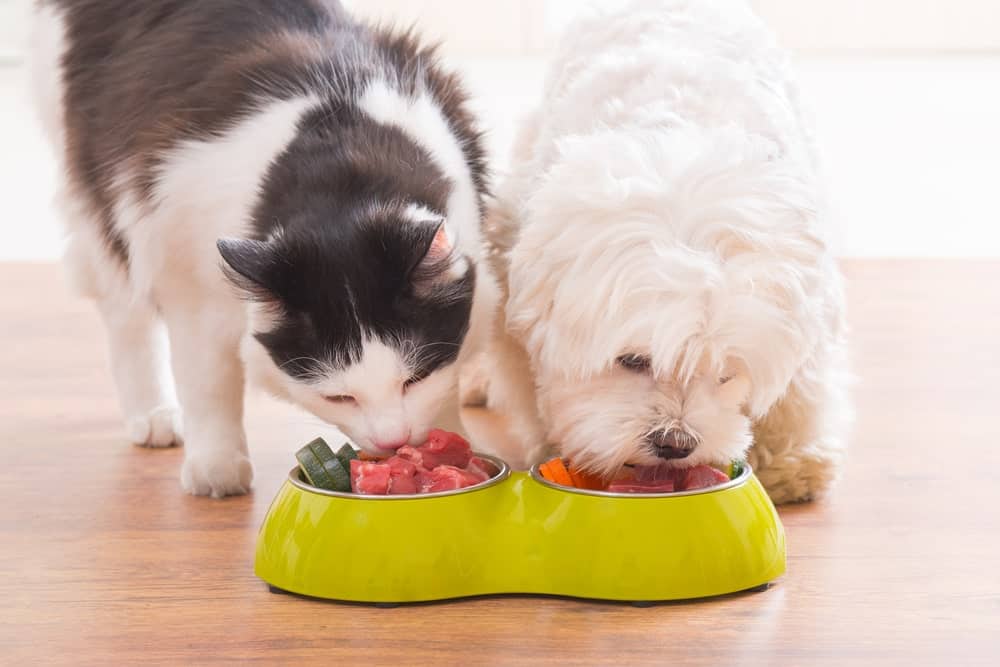
Changing Your Pet’s Diet to Help the Environment
Most dog owners are aware of how a dietary change can affect their furry companion. Changing or rotating your dog’s diet can cause a variety of health issues, including skin allergies, gastro-intestinal disorders, and even heart problems. But the majority of symptoms stemming from a diet change are short-lived, and you can better alleviate the unpleasant side effects by implementing a gradual change.
But what type of dietary change should you make if you want to help reduce your carbon footprint? For many pet owners, a raw food diet may provide a solution that’s both environmentally friendly and healthy. While the raw food diet for pets has seen its share of controversy since being introduced 1993, its proponents claim that the diet has numerous benefits.
For starters, raw food diets eliminate the need for food processing altogether. Processed foods have a much higher carbon footprint than raw foods, thanks to wasteful packaging and air pollution from the production process itself. Your dog may see additional benefits from a raw food diet as well, such as healthier skin, a shinier coat, and increased energy levels.
Keep in mind that, with a raw food diet, ensuring that your pet eats a balanced diet is in your hands. There are also several mistakes you should avoid when switching your dog to a raw food diet. Never mix raw food with dog kibble, for example, and go easy on the supplements you add to the raw food mix.
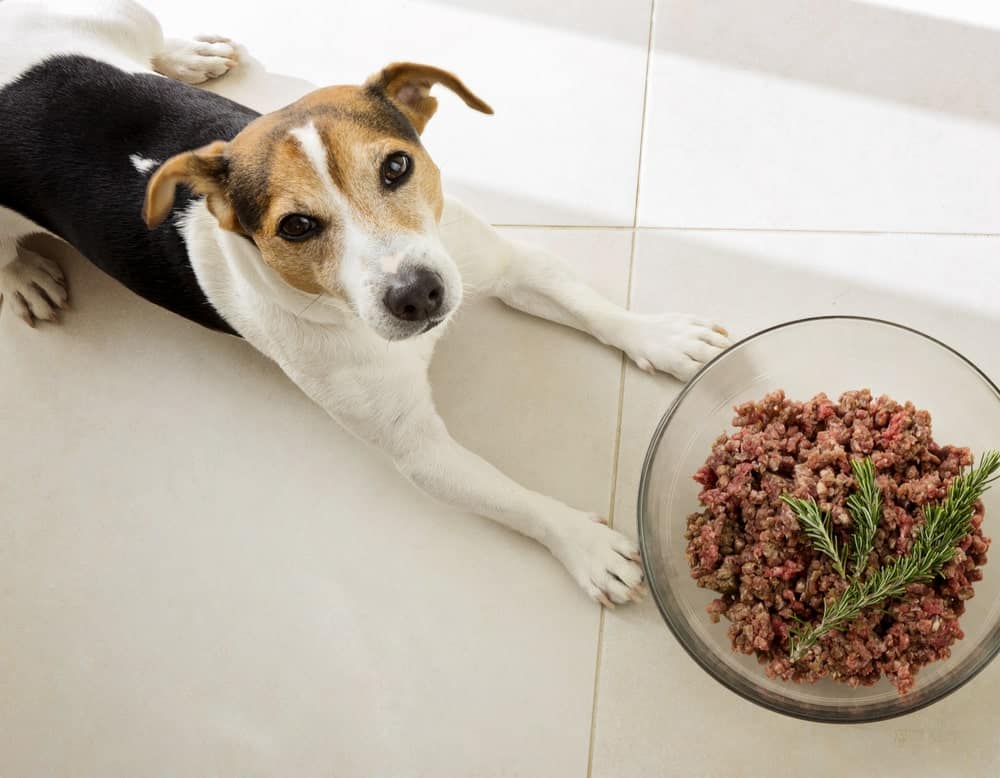
Uniting Environmental Activism with Pet Ownership
Dogs are such an important aspect of our life that many of us would do anything for our furry companions. For instance, data indicates that more than 33% of dog owners would give up a job opportunity for their pet, and a whopping 61% said the same in regards to ending a relationship. So shouldn’t more dog owners be willing to help reduce the effects of climate change for the sake of their dog’s health as well?
By switching to a raw food diet or taking other steps to help reduce your carbon footprint, you can help cultivate a healthier environment for humans and dogs alike. And the changes you make to your dog’s diet offer significant environmental benefits, especially where greenhouse gases are concerned: Research shows that the amount of methane and nitrous oxide released in the pet food production process is equivalent to driving 13.6 million cars for a year. Curbing those numbers by making sustainable dog food choices can make a huge difference in the overall health of the planet.
Jori Hamilton is a writer from the pacific northwest. You can follow her on twitter @Jori Hamilton and see more of her work at writerjorihamilton.contently.com.


